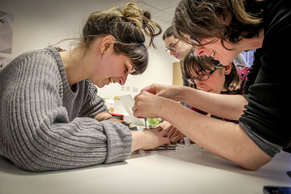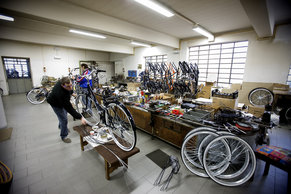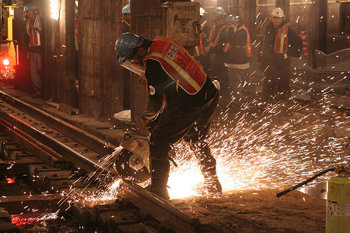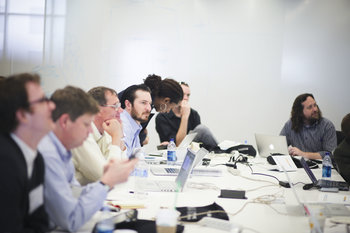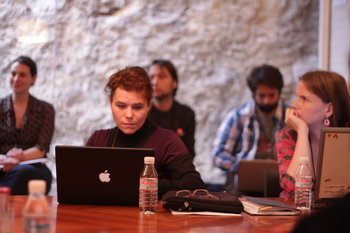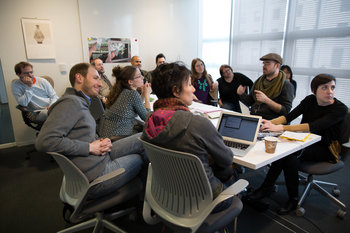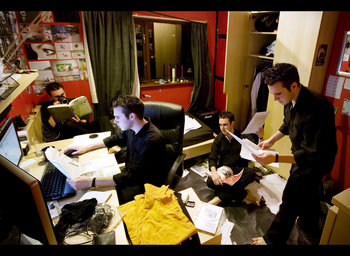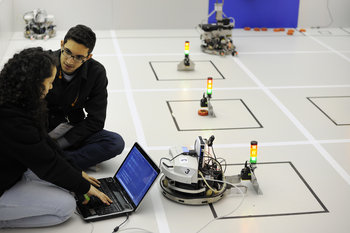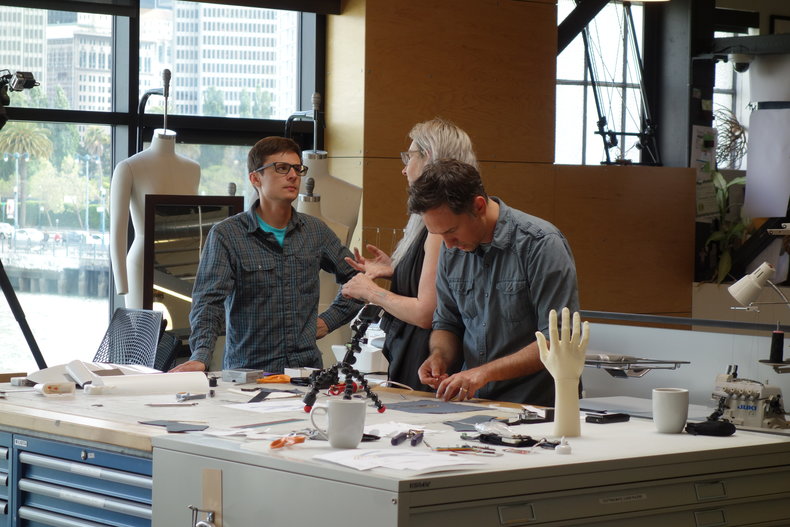
Essential Complexity | Pursue neither minimalism nor needless complexity. Keep things as complex as they need to be. |
Right Levels | Avoid over-ordering, overproduction and stocking things to excess. |
Right Place | Minimize commute, travel and transport of goods. Try to do things close to where you are. |
Right Quality | Do things right the first time -- obsess over work quality to avoid repeating things and wasting defective products. |
Right Communication | Avoid overcommunicating, respect time in meetings, cancel unnecessary meetings, avoid over-socializing every little decision. |
Right Synchronicity | Avoiding dividing work amongst too many people. Avoid overloading a single resource such that they become a bottleneck. |
Never Idle | Never spend time waiting for things -- remain productive while waiting. |
Dematerialization | Make things lighter and smaller where possible. Better yet, replace physical things with intangible things. |
Creative Reuse | Reusing things and potentially upcycling them to increase their value. |
Right Value | Pour your work into things where you have some talent or competitive advantage. Try to outsource everything else. |
Right Talent | Talented individuals can have an order of magnitude higher throughput than average. Hire talent and help people to master their professions. |
Right Scale | The bigger you become the more you will be able to lower unit costs. |
Work Queues | Give team members a great deal of work that is put on a queue to be completed at a sustainable pace. Nobody should ever be idle or waiting for an assignment. |
Process Reinvention | Continually improve processes or better yet reinvent them if they can be improved in some massive way. |
Chunking | Group similar tasks together as a means to improve productivity. For example, answer emails for an hour and then work for several hours without checking email. |
Single Tasking | Focus on a task without distraction. |
KISS | Keep it simple -- avoid overthinking, overdoing and over-explaining. |
Design Thinking | Apply design to all work -- design out problems. |
Automation | Create scripts and other automations that reduce human toil. |
Tools | Continually upgrade, optimize and improve your tools. |
Pragmatism | Deal with the world as it is to get things done with neither the wishful thinking of optimism or the inaction of pessimism. |
Fail Well | Designing things to fail quickly, cheaply and safely -- if they will fail at all. |
Right Thing | Do the right thing in the first place. For example, running a sanity check on your strategy -- does this make any sense at all? |

